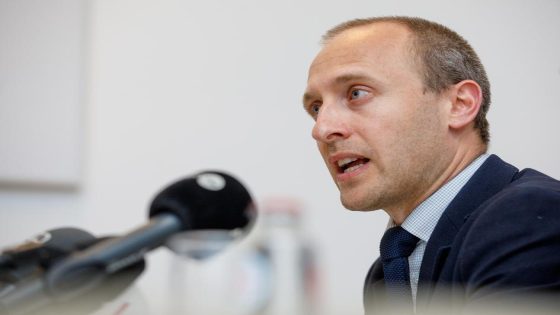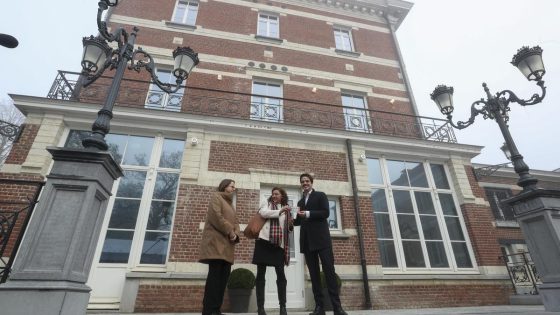The recent sperm donation scandal has shaken Belgium’s fertility sector, raising urgent questions about donor regulations. On 2025-06-01 15:28:00, Minister of Health Frank Vandenbroucke publicly acknowledged the government’s need to apologise following revelations that one donor’s sperm, carrying a cancer-causing gene, was used by far more women than legally permitted.
- Minister Vandenbroucke demands government apologies
- 52 children born from one risky donor
- Law limits six women per donor
- Fertidata databank established only in 2024
- Calls political negligence in past governments
- Audit results expected after summer 2024
Belgian law limits the use of one donor’s sperm to six women, but before the Fertidata database was established in 2024, there was no system to track this across fertility clinics. This loophole resulted in 52 children being conceived from the same donor across 37 women, sparking concerns about political negligence and public health safety.
What does this mean for Belgian families and the future of fertility oversight? Minister Vandenbroucke stresses accountability and transparency as investigations continue, setting the stage for potential reforms.
How did this regulatory failure happen, and can it be prevented moving forward? The scandal highlights systemic weaknesses in Belgium’s fertility framework:
- Political delay in implementing the mandated donor database since 2007.
- Challenges in retroactively updating donor data complicate family rights to information.
- Calls for an investigative commission show demand for accountability without political scapegoating.
- Similar issues in neighbouring countries underline the complexity of cross-border fertility governance.
As the Federal Internal Audit’s findings are expected after summer, Belgian authorities must act decisively. Will this lead to stronger protections and clearer communication for all involved? Citizens and families alike await meaningful reforms to restore confidence in fertility services.

































